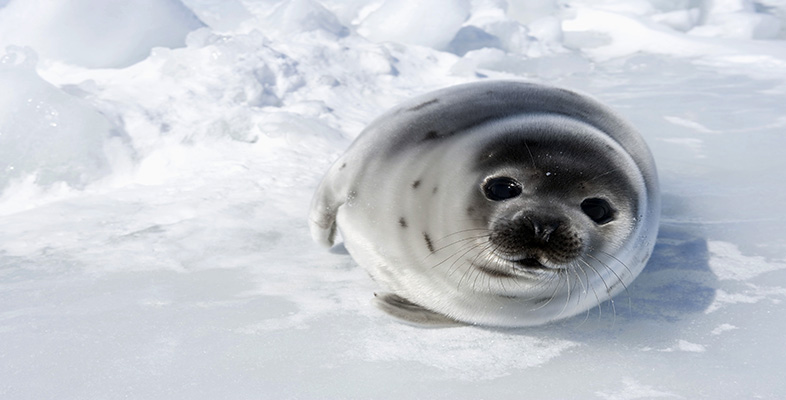3 Natural feasting and fasting
3.1 Introduction
It is clear from Sections 1 and 2 that seasonal or irregular periods of fasting are an integral part of living at high latitudes, especially for large animals. When people (and many tropical and temperate-zone mammals) lose weight, either because they are eating less or because they are suffering from a digestive or metabolic disorder, protein is broken down in substantial quantities long before the lipid stores are exhausted. Even frequent and vigorous exercise cannot prevent the breakdown of lean tissue, although it can often reduce or delay the process, particularly in young people. The loss of protein causes muscles to become weak and wasted, and the skin and hair to appear shabby. Immune function is also impaired, weakening resistance to parasites and infectious diseases. These undesirable side-effects of fasting do not normally afflict mammals and birds that naturally go without food while remaining active for long periods.
